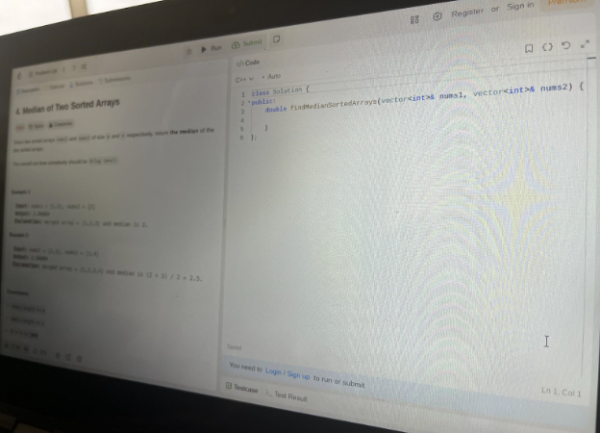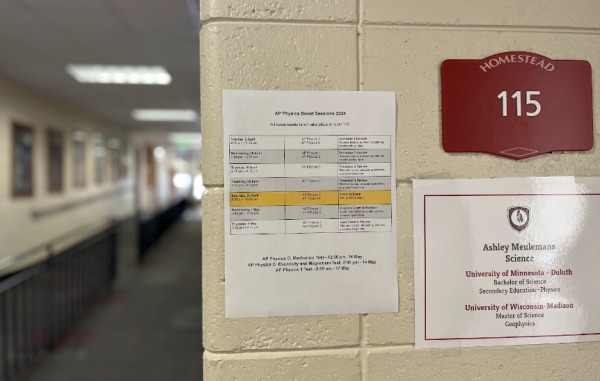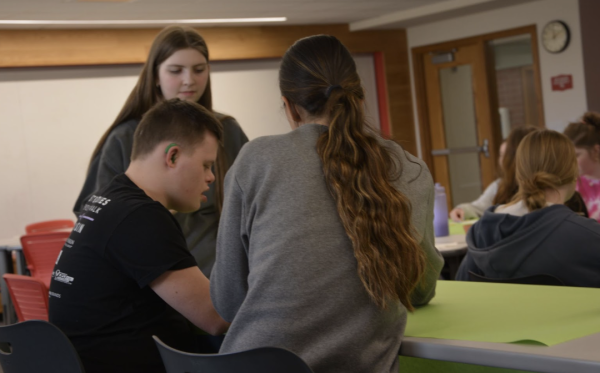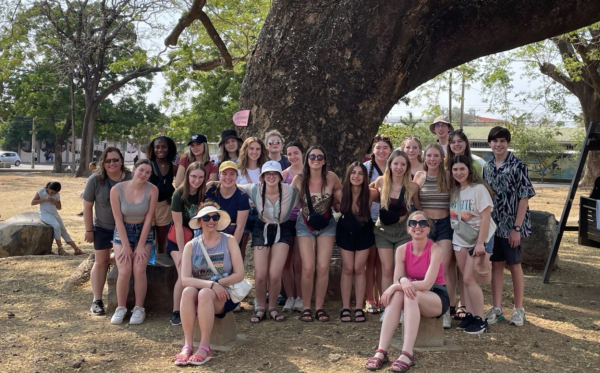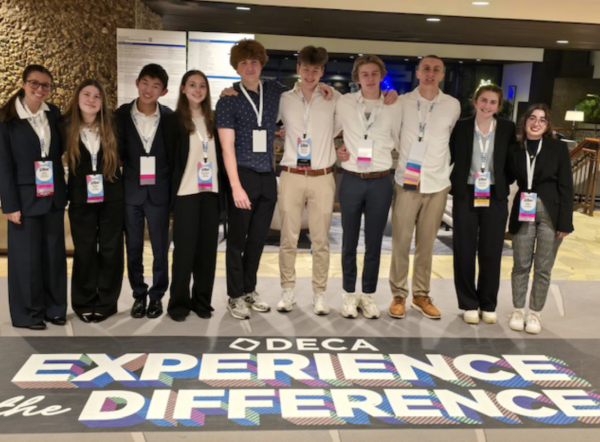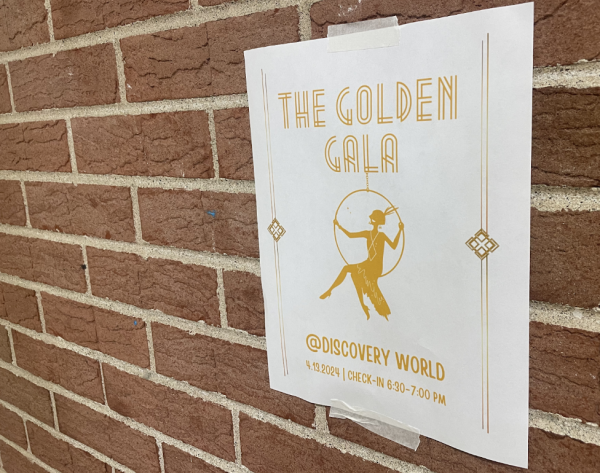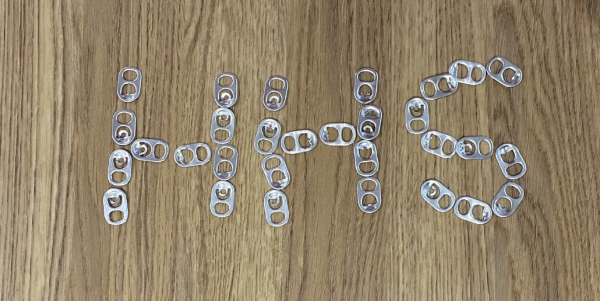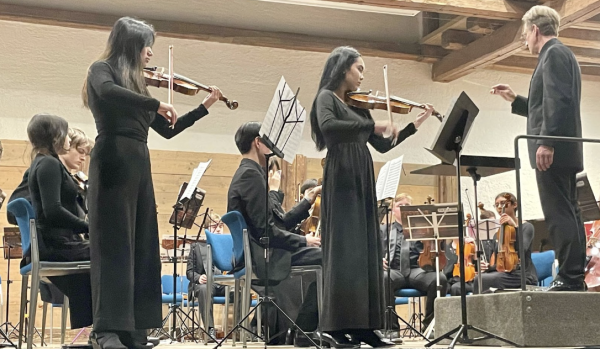Yik Yak: The virtual bathroom wall
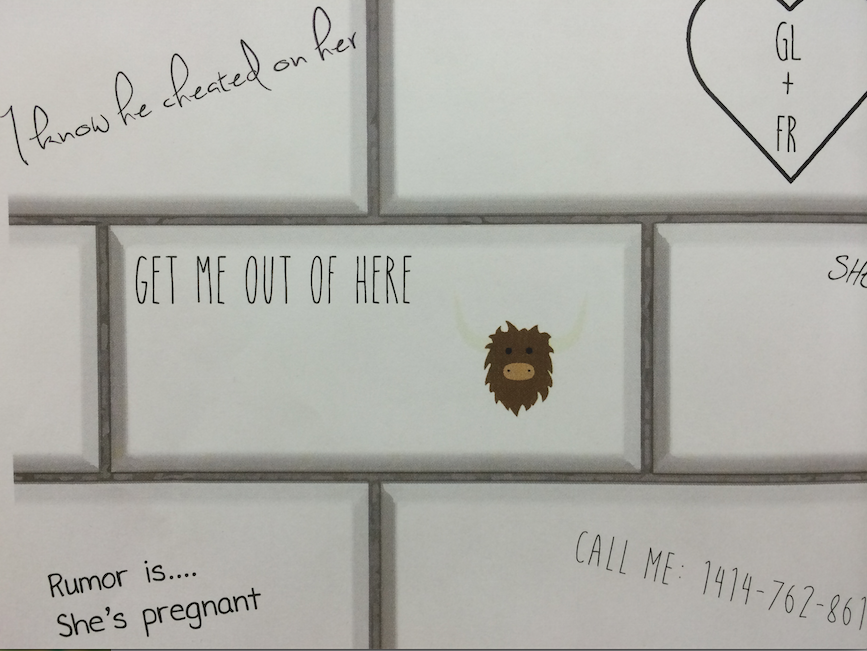 Words can hurt. And social media in the case of a new app called Yik Yak seems to be perpetuating the problem. Yik Yak was released Nov. 6, 2013, and has been stirring up trouble in schools ever since. Just today, Arrowhead High School announced it is banning the app from its campus, according to the Journal Sentinel.
Words can hurt. And social media in the case of a new app called Yik Yak seems to be perpetuating the problem. Yik Yak was released Nov. 6, 2013, and has been stirring up trouble in schools ever since. Just today, Arrowhead High School announced it is banning the app from its campus, according to the Journal Sentinel.
Brooks Buffington and Tyler Droll, co-founders and Furman University graduates, fashioned the app after a combination of Twitter and Ask.fm. “[Yik Yak is] a location-based app that creates an anonymous social chat room where up to 500 nearby users connect through GPS tracking on their phones,” Buffington told CNN.
The app has some limitations, such as a limit of 200 characters, no pictures, a one-and-a-half mile working radius and the possibility that if a post is “down voted” enough times by other users, the comment, or “Yak,” disappears. Additionally, even though the app is meant for people 17 years or older, the downloader age is not monitored. This is where the issues have taken root.
“Students have been using the app mainly for cyberbullying,” according to Chicago school administrators in a CNN article. Because of this, “One of the things we were planning to do is to essentially geo-sense [sic] every high school and middle school in America, so if they try to open the app in their school, it will say something like ‘no, no no, looks like you are trying to open the app on a high school or middle school and this is only for college kids,’ and it will disable it and the app won’t work,” Buffington informed CNN.
Yik Yak, the app that “hasn’t left the U.S. top 10 social networking app rankings since the summer,” according to Kate Knibbs in a Gizmodo article, has made its mark especially with the college demographic. “The posts found on the app are mostly about midterms, Netflix, food and sex,” Ellen Huet, reporter, wrote in a Forbes article. But don’t fret if you are not in college at the moment. The app has a peak feature which allows users to see “yaks” from numerous colleges, ranging anywhere from Yale University to University of California, Los Angeles.
“I use Yik Yak to procrastinate,” Eva Schwarz, American University freshman, confessed. “College kids are mature enough to handle the app, but it is inappropriate for high school students to use it because they often abuse it to bully,” Schwarz added. Not only have students been using the app for cyberbullying, but also to post bomb threats.
Last spring, a San Clemente High School was shocked, by an alarming bomb threat posted on the app. “The school was placed on lockdown, we conducted a sweep utilizing our bomb squad and bomb-sniffing dogs and nothing suspicious was located on or near the campus,” Jeff Hallock, Orange County Sheriff’s spokesman told in a CNN article. Because of this incident, many principals, such as Susan Opferman of Webb Bridge Middle School, tried to warn students and families about the dangers of social media by sending letters home.
Despite the dangers of the app, there have been a sprinkle of positive outcomes. “One of my favorite use case stories is a freshman missed his flight for Christmas break, and he came back to campus and he posted on Yik Yak that the freshman dorms were closed, and so an upperclassman let him crash on his couch,” Mr. Buffington said in a CNN article.
On the other hand, people have been using kindness to fight the app such as students at Belmont High School, who arrived to school on Oct. 2, 2014 to find anonymous and heartfelt messages on their lockers. These messages were “a thoughtful way to counteract much of the negative comments that have hurt ours and other communities through the application Yik Yak,” Rick Acquilano, associate principal, explained in a Concord Monitor article.
In a more local sense, a recent survey of 200 random Homestead students reported that 70 percent of students had heard of Yik Yak, and 45 percent currently has or had the app in the past. Yaks in the Mequon area range anywhere from bashing grades and other schools, to targeting specific people, sometimes even the occasional anonymous compliment. Users make posts (yaks) for likes (ups), sometimes even posting about friends. The raciness of the post usually correlates with the amount of ups it receives.
Recent yaks have included, “Want to hear a better joke, Nicolet varsity football,” posted on Oct. 24, 2014, and “Mequon cops have nothing better to do than follow you around and scare the s*** out of you,” posted the same day. Posts even include the occasional college student coming in to visit, “I did not come home from college for the weekend to read your nasty high school yaks,” posted on Oct. 25, 2014.
“I think the intention of the app was to be funny, but people took it the wrong way. People use the app to put others down, therefore I think this is just a fad, it’s not the future of social media; it will go away soon,” Alex Halloran, sophomore, clarified.
Additionally Mr. William Woessner, school psychologist, stated, “The phone lowers one’s inhibitions because you don’t have to follow social niceties when you’re anonymous. It allows for impulsivity, people will say things online that they otherwise would not say in a face to face situation.”
Enter the question of banning the app on school campuses. “Do you ban things, or try to encourage and educate kids to use things responsibly?”Mr. Brett Bowers, principal, said. “I’m a firm believer in intellectual freedom. You should own your words and own your opinions. If you’re going to verbalize them and share them, it should be clear where they came from,” Mr. Bowers added.
Yik Yak: the app taking over schools one phone at a time. The future of social media depends on how the user utilizes the technology given to them. Mr. Bowers prefers to refer to the app as “Yik Yuck, and you can quote me on that.”.


